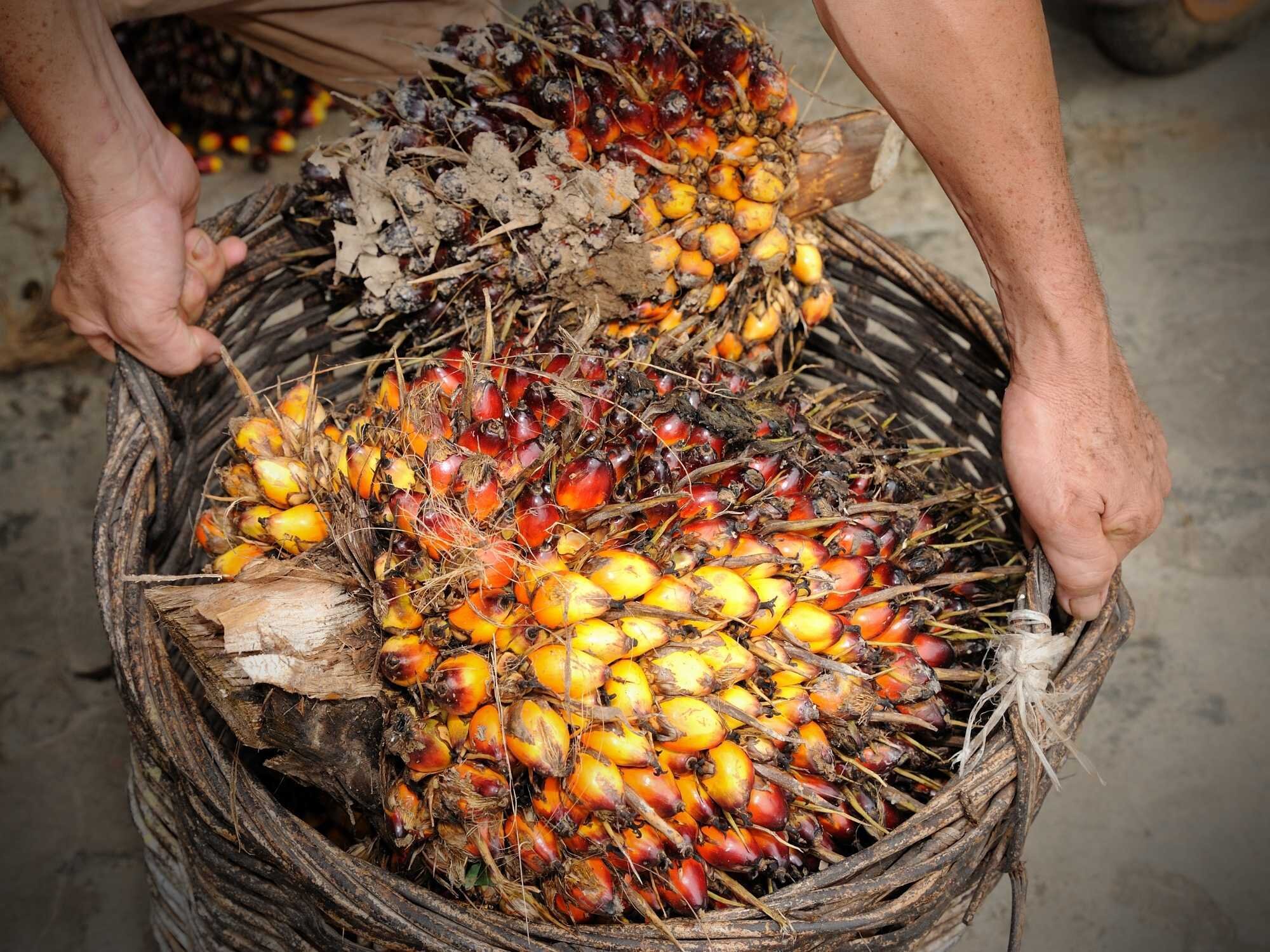7 Ways Veganism is Changing the Environment
Today, the question of how to best protect our planet weighs on everyone’s mind. There are all kinds of both simple and imaginative steps we can take to improve our environmental footprint.
Some of them are easy for anyone to achieve. Shutting off the tap while brushing your teeth? Painless. Using reusable bags instead of plastic? No problem.
Some of the suggestions are more challenging. For example, installing solar panels isn’’t an option for everyone. We can’t all ride a bike or walk everywhere we need to go. (Also, if we’re being honest… we don’t always want to!)
Luckily, one of the most powerful ways we can protect the planet is also one of the simplest: being mindful of the food we consume.
Here are 7 ways going vegan makes an impressive environmental splash.
Veganism Conserves Water
Meat production accounts for 31% of water usage worldwide. Modern food production requires a massive amount of water. In addition to providing water to the animals themselves, farmers need to water the crops used to later feed the animals. Research from the Water Resources and Industry reveals that animal agriculture accounts for approximately 31% of the human freshwater footprint globally. While most of the water is used for meat production, some of it also goes towards byproduct industries like leather.
Combat Climate Change
Did you know that going vegan cuts your CO2 emissions in half? Animal agriculture is a mind-bogglingly inefficient method of food production, responsible for 9% of carbon dioxide emissions, 40% of methane emissions, 65% of Nitrous oxide, and 64% of ammonia emissions.
You don’t even need to go 100% vegan to use this approach in your own life. In fact, according to the Environmental Working Group, skipping just one burger a week is equivalent to taking your car off the road for 320 miles.
Protect Endangered Species
Black rhinoceros is part of the endangered list of animals. It’s not only farm animals who suffer at the hands of factory farming. Animals all across the world are threatened by today’s food production. Crops grown to feed livestock are often developed in vulnerable areas, such as the Amazon or Congo Basin.
Animal agriculture clears acres of rainforest on a daily basis. It is estimated that between 15% and 37% of all species could be threatened with extinction as a result of climate change. (According to Thomas et al. (2004))
Prevent Water Pollution
Farm animals produce billions of pounds of manure every day. There’s no way to contain all of this waste. Much of the excrement ends up filtering into waterways. This pollution endangers lakes, oceans, and even our drinking water. When this contaminated run-off infiltrates local bodies of water, it can kill the fish and other animals surviving there. If it ends up in the ocean, the toxicity can create “dead zones” – areas of the ocean with no life at all.
Stop Deforestation
Clearing forests has additional consequences on top of species extinction. This destruction is an attack upon Earth’s biodiversity. It results in pollution, loss of habitat, soil erosion, and social/cultural conflicts.
As this article from ScientificAmerican points out, we have tested less than one percent of rainforest trees and plants for curative properties. Since many of our modern medicines come from these ingredients, we don’t yet know what we could be losing as we clear these resources.
Protect Wildlife
Wild animals, such as coyotes, foxes, and bears, all suffer for the sake of animal agriculture. In many cases, they endure a loss of habitat at the hands of expanding livestock production. Viewed as a threat to the industry, wild animals are killed via “predator control” programs. In the US, ranchers regularly call upon the Wildlife Services agency to kill animals they consider a threat to their livestock.
Fight World Hunger
It’s inefficient to grow feed for livestock on land that could be used to grow crops for human consumption. Despite this, much of the world’s viable soil is used for this purpose. In the US, livestock production accounts for 77% of global farming land. In some developing countries, the land is used to grow grain and other crops for animals that will be eaten in Western countries. It’s disturbing to think of how this land could be better utilized. As Jeremy Rifkin summarizes in his essay on the topic: “People are going hungry while ever-increasing numbers of animals are fed huge amounts of food in a hopelessly inefficient system.”
It’s tough to think about the ways our planet suffers from animal agriculture. At the same time, it’s crazy inspiring to see how significantly veganism is creating ripples of change. What’s even more exciting is that you don’t need to wait for anyone or anything to get started!









